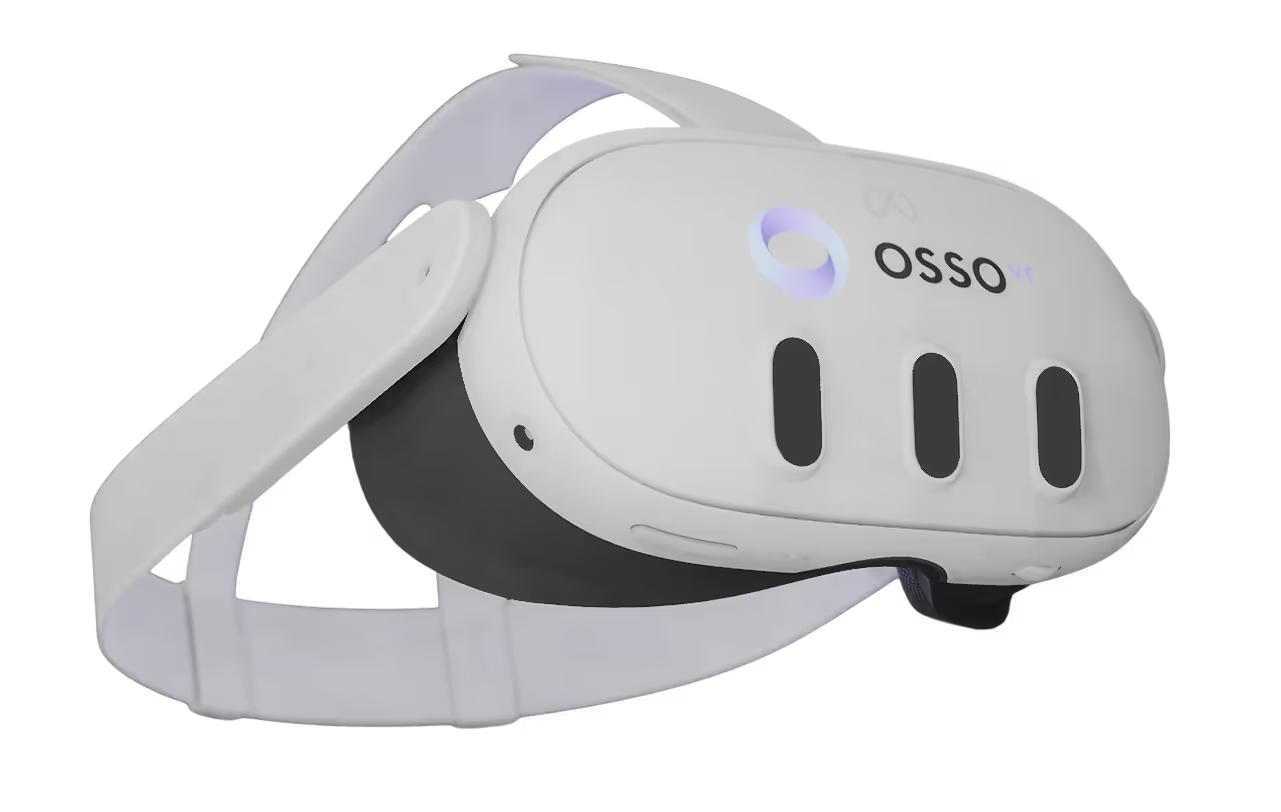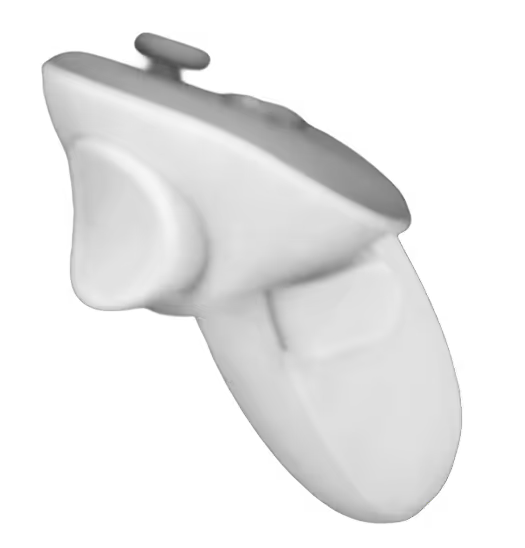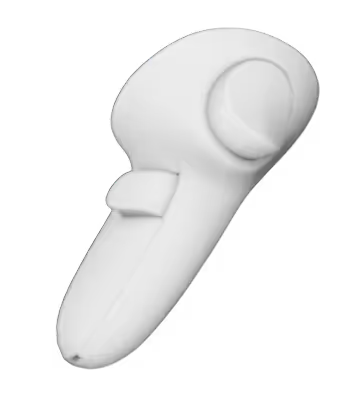Dr. Ross is a board-certified orthopedic surgeon with a sub-specialty in Sports Medicine. She served two years in South Korea, followed by deployment to an international forward-based combat surgery unit in Afghanistan. She has been awarded a NATO service medal, as well as four U.S. Army commendation medals, and her time as a military surgeon during wartime had a profound impact on her understanding of the medical profession, industry and system. After working in remote areas in both Afghanistan and the United States, witnessing first-hand the difficulties in bringing high-quality surgical training and materials to far-flung locations started her on a lifelong journey to help reshape the modern medical education system.
And of course, just in case being a decorated veteran and wartime surgeon weren’t impressive enough, Dr. Ross is also an Olympic-level athlete. As a member of the 2000 US Olympic Track and Field Team, she brings a deep understanding and appreciation for the potential of immersive technologies, virtual reality and other advanced surgical training methods to improve performance across disciplines.
This week, we sat down with Dr. Ross to draw some parallels between what it’s like to perform both at the highest level of competitive athletics and also as an orthopedic surgeon.
Dr. Ross: From an early age I wanted to be a medical doctor and an Olympic athlete. I had somehow won an AAU state championship in the 100-meter dash as a third grader. In high school, as a middle distance runner, I captured five state track championships and ran the anchor leg of a Junior Olympics National Championship relay team.
Coincidentally, I was privileged to have been accepted into a two-year magnet math and science high school. Feeling that I wanted a rigorous academic experience, I left home early to attend this new public boarding school. Because the school was focused on academics, I no longer had my teammates to train with, but I continued to run and compete when I could. These credentials eventually led to an athletic scholarship to Georgetown University.
At Georgetown, I felt like I was home. I was able to continue my academic and athletic pursuits in one place. As a pre-med student, I was also a member of an excellent middle distance team. We set a meet record while winning an indoor distance medley NCAA Division 1 National Championship. I earned five All-American Awards. These achievements later prompted Georgetown Medical School to grant me a one-year sabbatical to make a run for an Olympic berth, which quickly led to much-needed competitions against more experienced athletes in the United States, Canada, the Czech Republic, Sweden, Belgium, Germany and Croatia.
At the USA 2000 Track and Field Olympic Trials I finished in fifth place, which made me an alternate for the traveling team. During this athletic career apex, I ran personal bests in all three of my Olympic Trial races before returning to and graduating from Georgetown Medical School.
It was all a very fulfilling outcome to my quest.

Dr. Ross: I ended up going into orthopedics, in part, because it felt like a way to continue my athletic career. I had been so focused on this particular athletic quest — It’s really what my life had revolved around. So there was a sense that finishing my active, professional athletic career wasn’t really tolerable to me.
I’ve heard other professional athletes talk about this as well. What do you do when you’ve dedicated your entire life toward something? So I felt fortunate that I did have what felt like a natural path, where I could continue working with athletes, I could continue working in a field that requires a certain amount of athleticism, preparation and teamwork. I know how to succeed within that environment. So I think that was a lot of the appeal for orthopedics specifically.
Dr. Ross: Well first of all, it’s great! Professionally, I feel at home. I was seeking work that leveraged the unique experiences in my training and life up to this point. Working with Osso allows me to be creative, to capitalize on the fact that I’ve worked in unique places, in unusual scenarios and often with limited resources. Like most surgeons, I am a perfectionist and value efficiency and reproducibility. Although I like things to be done a certain way, I’m also adaptable and well-prepared so I’m good at saying “If plan A doesn’t work, then let’s go to Plan B or C.”
Dr. Ross: Well, being a surgeon is physical work, which is part of why I was drawn to this field. In the operating room there’s a certain amount of performance, just like in being an athlete. You have years of long-term preparation, then there’s also short-term preparation: Knowing your patient, preparing for a particular case, coordinating with the surgical staff, and then executing.
I absolutely want it to feel like a team. So one of the things I feel is very important is knowing who I’m working with, us all being on the same page in terms of knowing what we’re doing and who has what responsibility. Ultimately, I’m responsible for a lot in the operating room, and at the same time I rely heavily on people to do their jobs — and I want them to do their jobs and to feel satisfaction from doing it well.

Dr. Ross: Well I think your training is going to be much harder if you don’t know how to be a team player or how to get along with people. So for me it was important to be a team player, to sort of rally the troops, to make sure that everyone is prepared and feels good about their role. I can’t operate on someone without many, many important players.
Dr. Ross: Yes, there are a lot of parallels to sport, especially the one that I did. I ran track, which is an individual sport, but it’s also a team sport, and there’s tons of preparation- physical, emotional, and mental that goes into each race.
I think that’s part of being a highly trained professional whether performing on the track, battlefield or OR you don’t have to think about it. It’s just part of you. I trust my body, I trust my training, I trust my intuition. It’s a little like performing in a competition, being “in the zone.” This occurs most easily when I’ve prepared way before, when I’m well-prepared in multiple ways, so that when I’m in the OR I’m just going through what I’ve already practiced many times in my head.
Dr. Ross: My work with Osso VR really brings my game on the track full circle to the OR. The mental preparation for winning a race in particular is analogous to high level surgical training.
When you’re preparing for an Olympian-level race, you need to find ways to maximize your abilities and to take steps to visualize your best outcomes. Whether that’s through video replay, affirmations or interval training on the track, these tools can give you the edge mentally, emotionally and physically to win at this level.
In the OR, virtual reality is that unique tool that allows surgeons to replicate those same physical, mental and emotional steps. The way VR can elevate the surgical game is by creating an atmosphere where you can learn and practice at the same time, visualizing the best outcome for patients and preparing you for success.
Get Started on Making Surgical Training Your Winning Strategy
To learn more about how you can make virtual reality a part of your surgical team’s winning strategic toolkit, click here to contact a member of our team today for a demo.
This interview has been edited and condensed for clarity.


